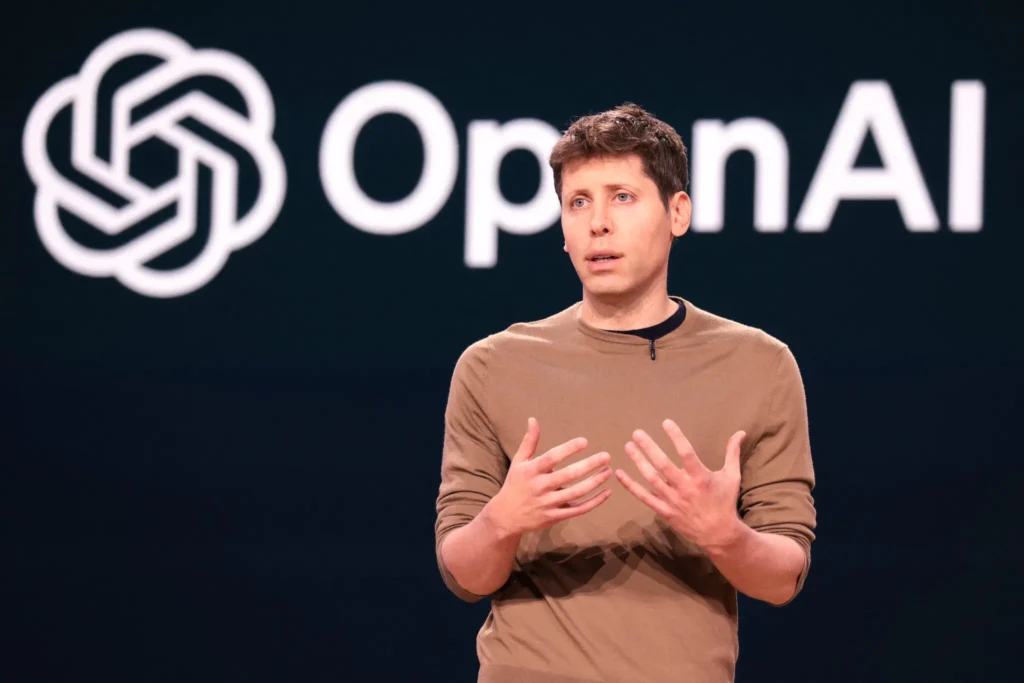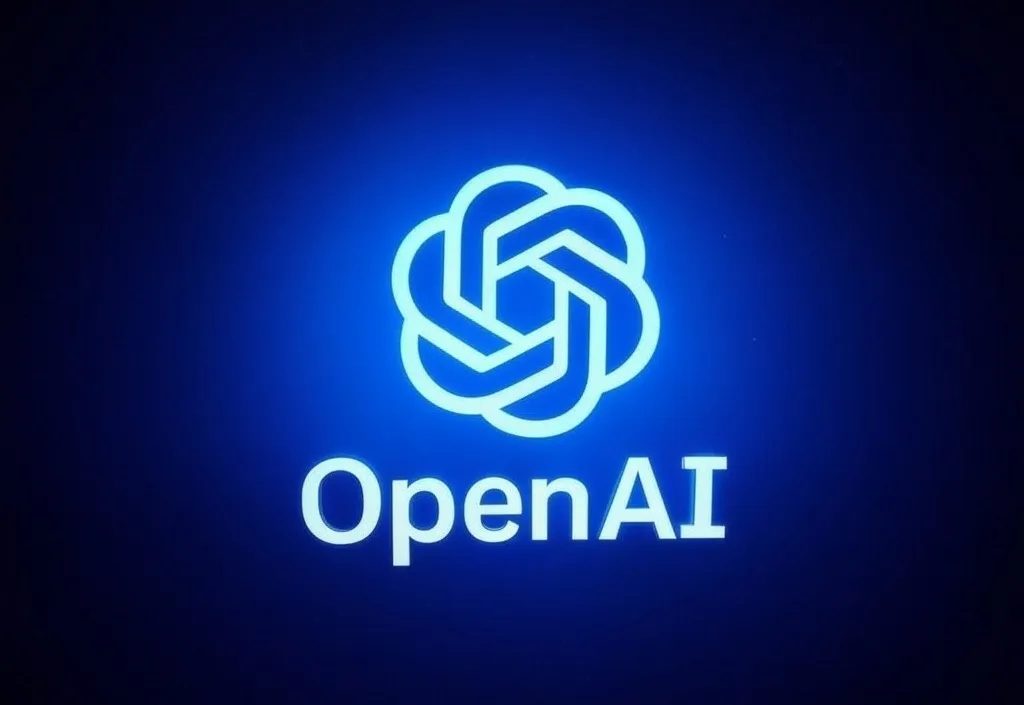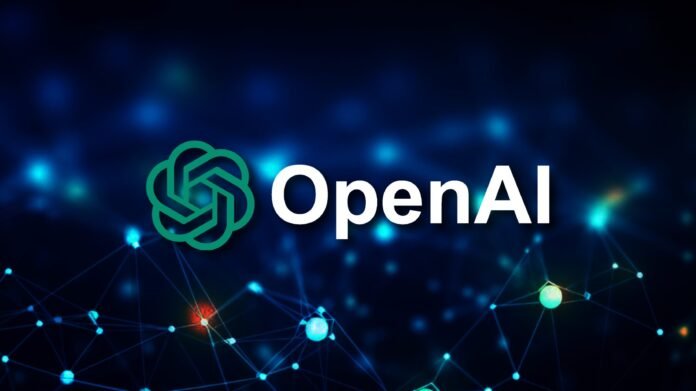“America Faces Setback: A Blow to the Future of Democratic AI”
OpenAI Warns: U.S. Risks Losing the AI Race Without Access to Copyrighted Materials

OpenAI is raising a critical alarm: the United States could fall behind in the AI race if it can’t access copyrighted materials. The company claims that its biggest rival, China, is poised to claim victory in this technological showdown.
According to reports by Ars Technica, the Sam Altman-led organization is urgently appealing to President Donald Trump to introduce federal regulations that clearly define “fair use.” This complex legal standard is central to the copyright lawsuits filed against OpenAI by major publications, including The New York Times.
This plea directed to the White House’s Office of Science and Technology comes at a time when state governments are ramping up their efforts to regulate AI. In a lengthy proposal—likely one that the president won’t read himself—OpenAI contends that it cannot compete with developers in China, which the company consistently refers to as the People’s Republic of China (PRC), if regulatory obstacles hinder AI’s access to copyrighted training materials.
“If PRC developers have unrestricted access to data while American firms are blocked from fair use, the AI race is essentially over,” OpenAI declared in its policy proposal. “America loses, as does the success of democratic AI.”
While OpenAI emphasizes that utilizing copyrighted materials will pave the way for more groundbreaking innovations and broader access to knowledge, publishers are understandably concerned about their work being incorporated into AI training data—particularly when these models generate outputs that can be seen as outright plagiarism.

In the same statement, OpenAI reinterpreted the long-standing “fair use doctrine,” which permits limited use of copyrighted materials without permission for things like quoting in articles. The company even claimed that a lack of access to copyrighted works is now a matter of “national security.”
“Applying the fair use doctrine to AI goes beyond American competitiveness; it directly links to national security,” OpenAI insisted in its proposal. “The rapid advancements seen from PRC initiatives like DeepSeek demonstrate that America’s leadership in cutting-edge AI is far from assured.”
Ironically, as noted by Ars, OpenAI has accused DeepSeek of improperly using its data without permission—a point that was conveniently left out of its policy proposal, perhaps due to its glaring contradiction.
“The federal government can both protect Americans’ right to learn from AI and ensure we maintain our lead against the PRC by enabling American AI models to learn from copyrighted content,” OpenAI argued.
For now, it remains uncertain whether Trump will buy into OpenAI’s gamble. However, if Altman and his team manage to win him over, they may secure their demands at the expense of copyright holders worldwide.



